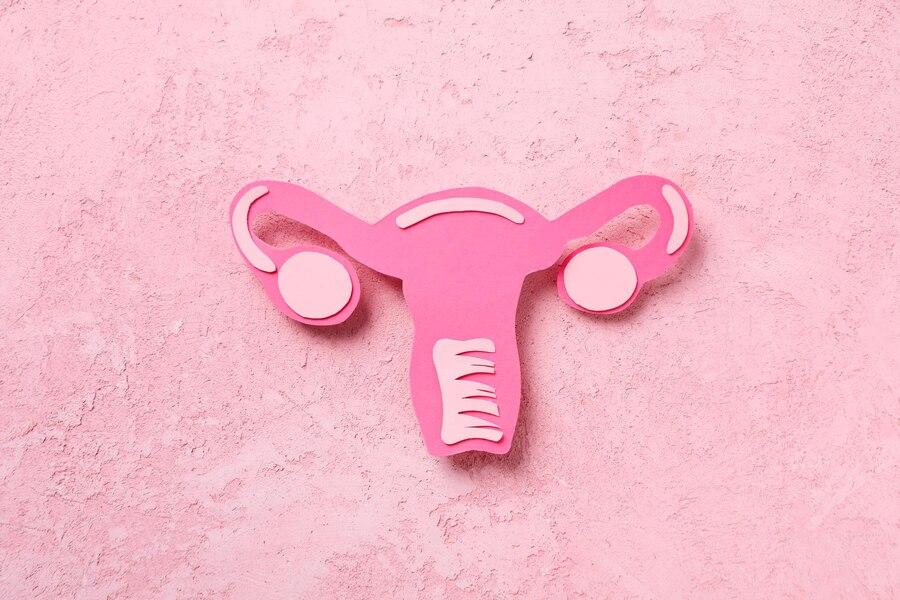Pregnancy is a remarkable and complex journey that brings about numerous changes in a woman’s body. While many women eagerly anticipate the birth of their child, the path to parenthood is often filled with questions and concerns. One such question that frequently arises is whether menstruation can occur during pregnancy. This article provides a comprehensive, evidence-based exploration of this topic to help clear up any confusion.
Menstrual Cycle and Pregnancy
The menstrual cycle is an essential process in a woman’s reproductive health, usually lasting between 21 and 35 days. It involves a series of hormonal changes that prepare the body for potential pregnancy.
Each month, an egg is released from the ovaries (ovulation), and if it’s not fertilized by sperm, the lining of the uterus sheds, resulting in a menstrual period. Pregnancy occurs when a sperm fertilizes an egg and the fertilized egg implants itself into the uterine lining.
Once this happens, the body begins to produce hormones, primarily human chorionic gonadotropin (hCG), to support the pregnancy and prevent menses.
Understanding Pregnancy: How It Changes the Body
Pregnancy, on the other hand, occurs when a sperm fertilizes an egg, leading to the implantation of the fertilized egg into the uterus. This process halts the menstrual cycle, as the body starts preparing for the growth and development of a fetus.
Like menstruation, pregnancy brings about a number of physical and hormonal changes. These changes often lead to symptoms that mimic the premenstrual symptoms many women experience.
How Fatigue and Nausea plays a role?
Both menstruation and pregnancy are known to cause significant fatigue. For periods, this is primarily due to the hormonal fluctuations associated with the menstrual cycle, particularly the drop in estrogen and progesterone levels in the lead-up to menstruation.
For pregnancy, fatigue is often caused by rising levels of progesterone, which can make women feel extremely tired, especially in the early stages. Both conditions can leave women feeling drained and low on energy.
Another common symptom that can appear in both periods and pregnancy is nausea. This is particularly true in the luteal phase of the menstrual cycle, when progesterone levels rise, mimicking the hormonal fluctuations of pregnancy.
Breast Tenderness and Swelling
Both menstruation and pregnancy can cause breast tenderness and swelling. During periods, these symptoms are caused by fluctuating levels of estrogen and progesterone, which cause the breasts to swell and become sore.
Similarly, early pregnancy brings about changes in hormone levels, particularly an increase in progesterone, which can lead to tender, swollen breasts.
While the intensity and duration of these symptoms may vary, both conditions can result in noticeable discomfort in the breast area.
How do Mood Swings and Irritability have an effect?
Hormonal fluctuations are a key player in both menstruation and pregnancy. In the days leading up to periods, many women experience mood swings and irritability due to changes in estrogen and progesterone levels.
These mood shifts are often part of PMS. Similarly, during early pregnancy, women may experience heightened emotions, irritability, and even depression due to the surge in hormones that are preparing the body for pregnancy.
How best adult diapers for postpartum plays a role in Menstruation and Pregnancy Symptoms?
The soft material and secure fit of postpartum adult diapers can be more comfortable than regular pads, especially during the early days when movement is limited or painful.
Postpartum women may experience perineal discomfort or stitches, so the best adult diapers for postpartum can offer extra protection to sensitive areas and reduce friction compared to other forms of sanitary protection like pads.
What Should You Do If You Experience Bleeding During Pregnancy?
If you experience light spotting, it’s often harmless, but you should still inform your healthcare provider. If the bleeding is heavy or accompanied by cramping or pain, seek medical attention immediately as this may indicate a miscarriage or ectopic pregnancy.
Heavy bleeding in the second or third trimester may be a sign of more serious complications, such as placenta previa, placental abruption, or preterm labor. Any bleeding during this stage should be evaluated by a medical professional without delay.
Light Bleeding or Spotting
While a full-blown menstrual period is characterized by regular, heavier bleeding, some women may experience light bleeding or spotting during pregnancy, often referred to as implantation bleeding.
This occurs when the fertilized egg attaches itself to the uterine lining. It can be easy to confuse implantation bleeding with the start of a period, but implantation bleeding is typically lighter and shorter in duration.
Spotting before a menstrual period is also common, which can create confusion when trying to determine whether a pregnancy is underway.
Conclusion
Although menses itself cannot happen during pregnancy, vaginal bleeding is a relatively common occurrence in many pregnancies. While some instances of bleeding are harmless, others may require medical intervention to ensure the health of both mother and child. If you experience any bleeding, it's essential to consult your healthcare provider for an accurate diagnosis and appropriate management.
